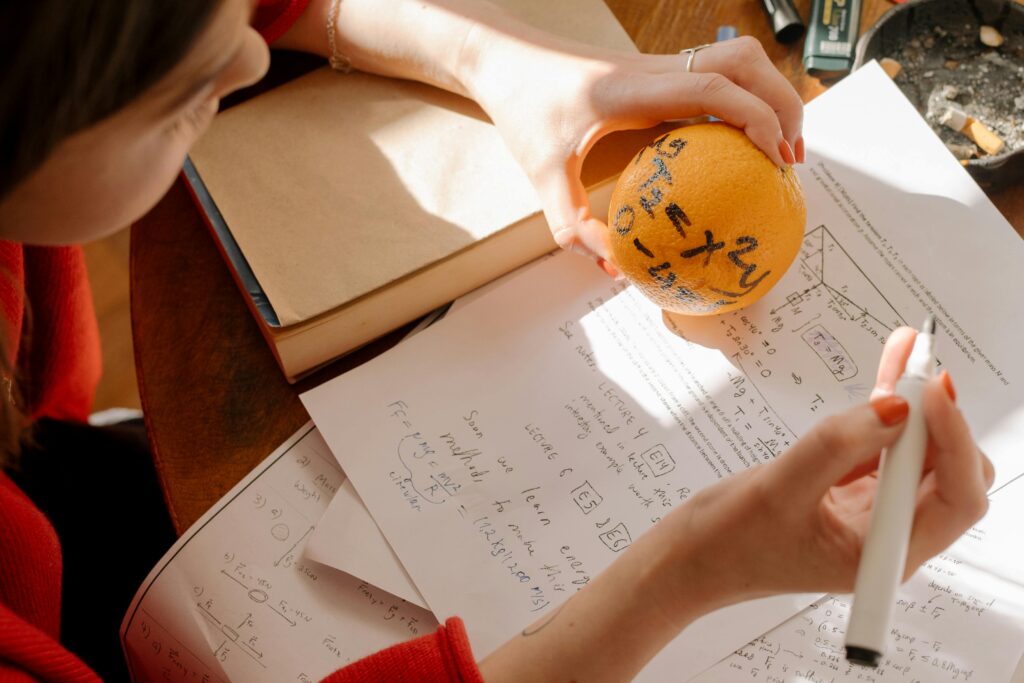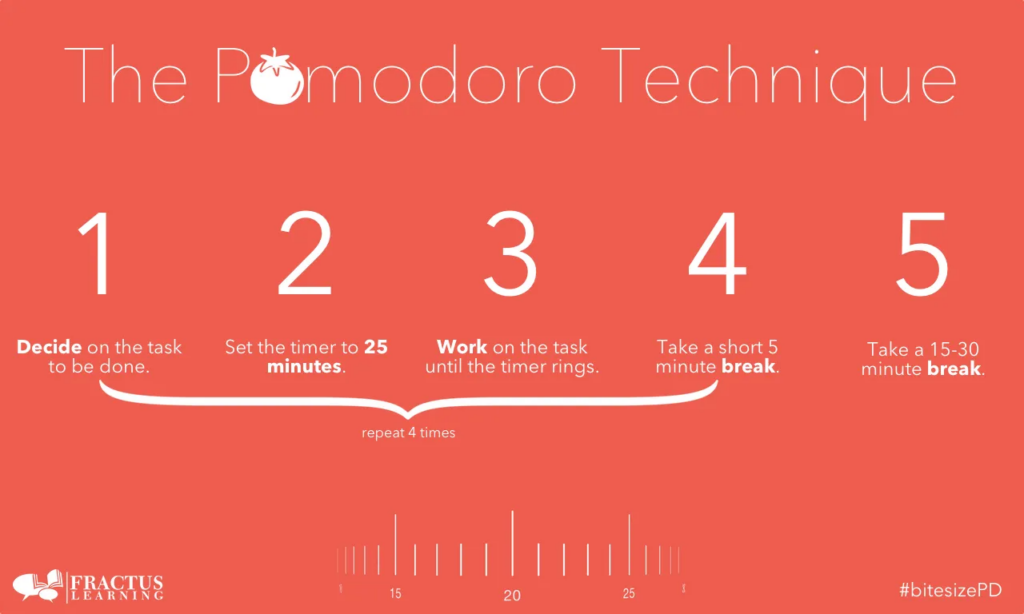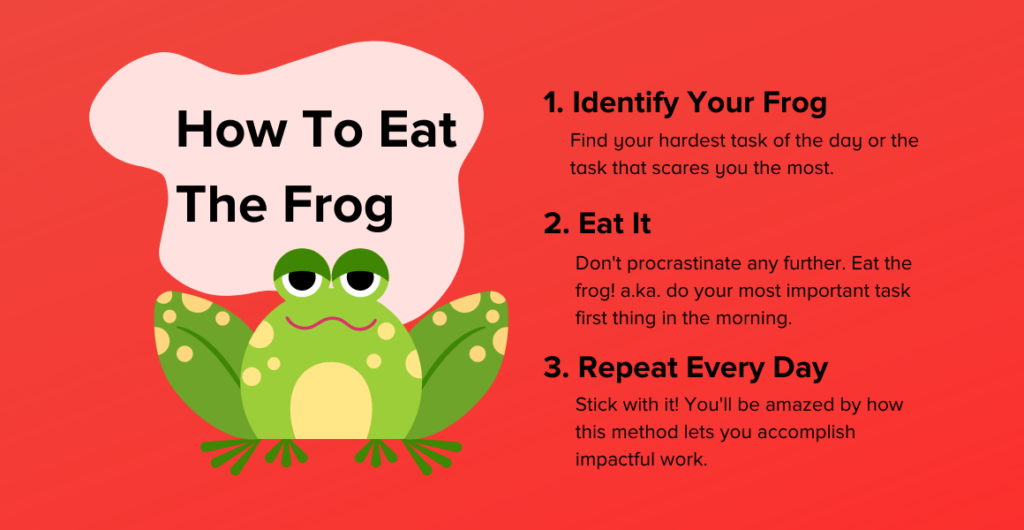"Intelligence isn't limited to academia; it can shine in every field, even in entertainment, where many actors combine talent with remarkable intellect."

Intelligence isn’t confined to academia; it can be found across various fields, including the world of entertainment. While we often associate smart people with scholarly pursuits, there are countless actors and actresses who shine not only for their talent but also for their impressive intellect.
Many of these talented individuals portray smart characters on screen, but they also take on lighthearted and silly roles that may seem less intelligent. However, the actors behind these characters possess remarkable intelligence. One of these celebrities reportedly has an IQ higher than Einstein.
Emma Watson

Emma Watson is widely celebrated for her role as Hermione Granger in the Harry Potter film series, where her portrayal of the character’s intellect resonated with audiences. Her passion for acting ignited at age six, leading her to train at the Oxford branch of Stagecoach Theatre Arts, where she mastered singing, dancing, and acting. This early dedication shone through on set, where she became known for her impressive ability to deliver her lines in just one take, highlighting her exceptional memory and concentration.
While filming, Watson and her castmates benefited from rigorous tutoring, dedicating up to five hours a day to their studies. Her academic diligence paid off when she took her GCSEs in 2006, achieving an outstanding eight A* and two A grades. Watson continued to excel in her education, taking AS levels in English, Geography, Art, and History of Art before ultimately pursuing three A levels, earning an A in each subject. She attended Brown University in Providence, Rhode Island, and later spent a year at Worcester College, Oxford, further demonstrating her commitment to academic excellence.
Beyond her educational pursuits, Watson has established herself as a formidable advocate for gender equality. Appointed as a UN Women Goodwill Ambassador in 2014, she has used her platform to promote women’s rights. Her influence was recognized when she topped AskMen’s “Top 99 Outstanding Women” list in 2015 and was named one of Time’s 100 most influential people in the world.
Watson also founded a feminist Goodreads book club called “Our Shared Shelf,” encouraging discussions around feminist literature. Her activism extends to environmental justice and climate change, showcasing her dedication to multiple vital causes. You can read more about another young climate activist here: Greta Thunberg’s Influence on Today’s Teen Climate Activists.
The impact of her work on young women’s perceptions of feminism has been profound, often referred to as the “Emma Watson effect,” inspiring many to embrace the feminist label and advocate for gender equality and social justice.
Nolan Gould

If you’re a fan of Modern Family, you’re likely familiar with Nolan Gould, who plays the lovable, clumsy, and sometimes sneaky Luke Dunphy. His character often steals scenes with a mix of silliness and charm, but the real Nolan Gould is quite a different person. Behind the humour and antics of Modern Family’s ‘Luke’, is a young man with a brilliant mind.
Gould’s academic journey is nothing short of impressive. By 2012, he had accelerated four grades in school, showcasing his intellectual capabilities long before most teens consider graduating. His dedication to his studies has earned him a spot in Mensa, the largest and oldest high-IQ society in the world. This prestigious organisation is open to individuals who score at the 98th percentile or higher on standardised intelligence tests.
Gould dedicated considerable time to studying and successfully tested out of high school, ultimately graduating at the young age of 13. This achievement speaks volumes about his commitment to learning and his ability to thrive in a challenging academic environment, even while maintaining a successful acting career.
Lisa Kudrow

Lisa Kudrow is best known for her iconic role as Phoebe Buffay on the beloved sitcom Friends. This quirky character, with her silly antics and ditzy charm, has since been hailed as one of the greatest television characters of all time. While Phoebe often played the clueless friend in the group, Kudrow herself is anything but. Her academic background reveals a sharp intellect that sets her apart in the entertainment industry.
Kudrow holds a bachelor’s degree in biology from Vassar College, where she initially intended to follow in her father’s footsteps and become an expert on headaches. While breaking into acting, Kudrow worked alongside her physician father for eight years and gained valuable experience in the medical field. Her dedication to research is evident, as she has credit for a study examining the likelihood of left-handed individuals developing cluster headaches.
Beyond her iconic role in Friends, Kudrow has continued to make significant contributions to the industry as a producer and writer. She serves as a producer on the TLC/NBC reality program Who Do You Think You Are, which has received five Primetime Emmy nominations. Additionally, she created, produced, wrote, and starred in the HBO mockumentary series The Comeback.
Rowan Atkinson

Rowan Atkinson is a household name, thanks to his iconic character, Mr. Bean, who has entertained generations from Baby Boomers to Gen Z. Known for his slapstick humour and silly antics, Atkinson has built a career on playing the bumbling yet lovable character that often leaves audiences in stitches. However, beneath the goofy exterior lies one of the smartest minds in entertainment.
Atkinson boasts an impressive IQ of 178, placing him in a league of intellectuals that includes the likes of Albert Einstein and Stephen Hawking. While neither Einstein or Hawking ever formally took an IQ test, estimates suggest their IQs hover around 160 based on their groundbreaking work and interviews. Atkinson’s score not only surpasses theirs but also highlights a remarkable blend of intelligence and comedic genius that sets him apart in the industry. His contributions to the arts have also been recognized, as he was honoured with the title of Commander of the Most Excellent Order of the British Empire (CBE).
His academic background is equally impressive. Before embarking on his successful acting career, Atkinson excelled in his education, earning top grades in his science A levels. He attended Newcastle University, where he received a Bachelor of Science degree in Electrical and Electronic Engineering in 1975.
In 1935, Atkinson briefly began a PhD at The Queen’s College, Oxford—an institution that holds personal significance, as it’s where his father studied in 1935. Atkinson’s master’s thesis, published in 1978, explored the application of self-tuning control, showcasing his technical expertise. With accolades in both comedy and academia, Rowan Atkinson exemplifies how brilliance and humour can coexist, making him a truly remarkable figure in entertainment.
For more inspiring celebrity stories, check out ‘Sabrina Carpenter’s Rise to Stardom,’ ‘How Billie Eilish Became Gen Z’s Role Model,’ and ‘Spotlight on Local Artist Benjamin Kheng.’
















































